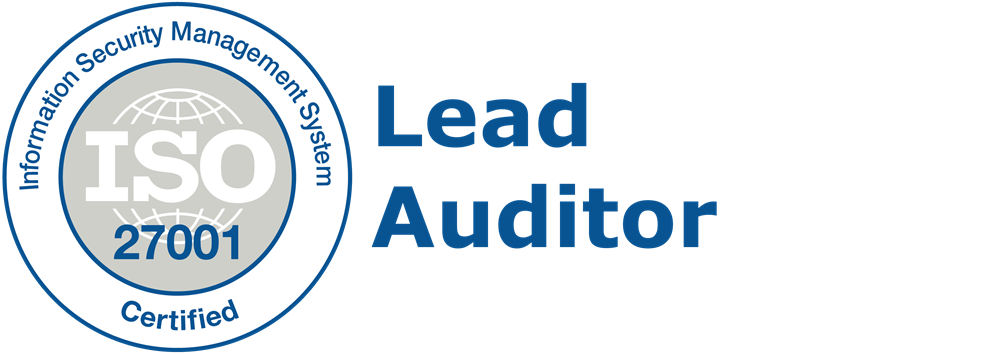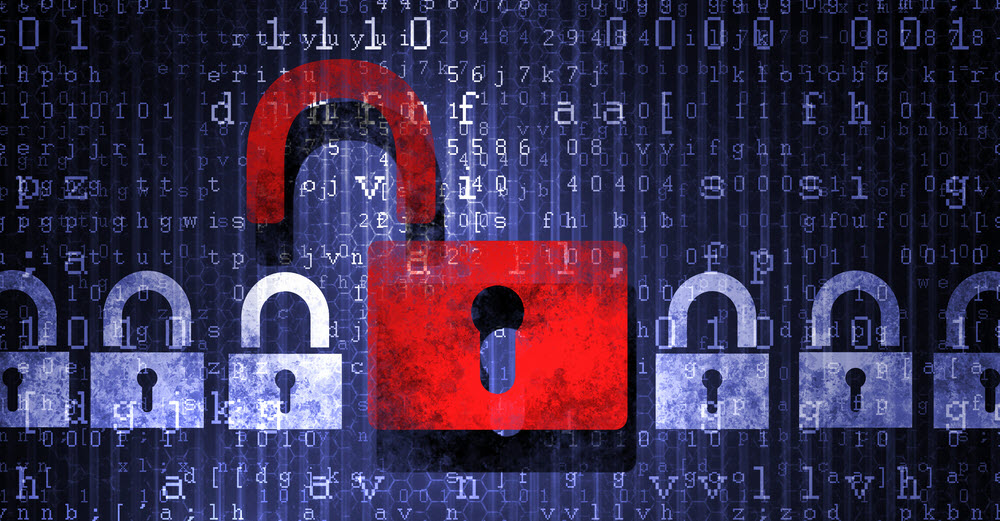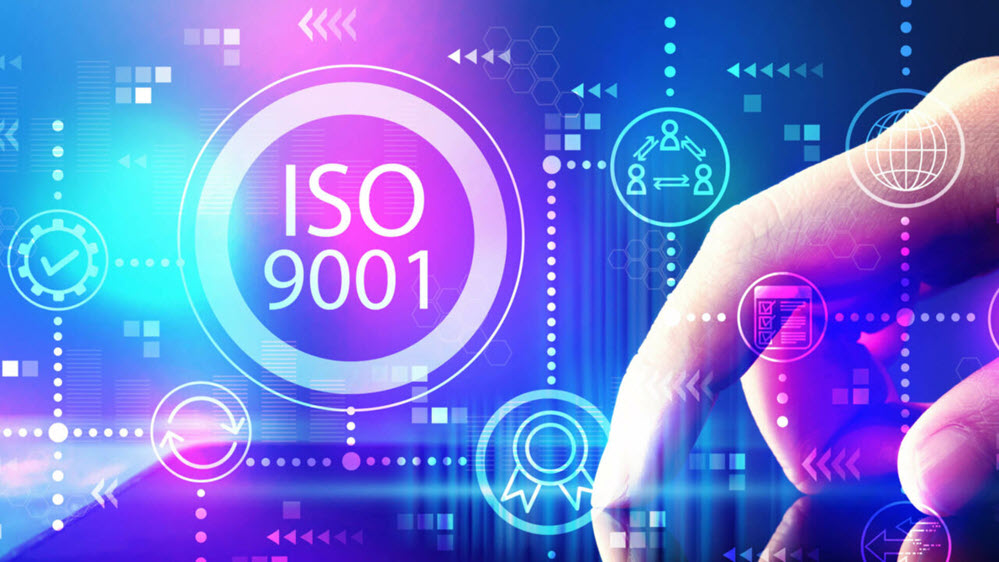EQMS Blog

The Role Of An ISO 27001 Lead Auditor
ISO 27001 officially being recognized as ISO/IEC 27001:2013 is basically a specification for an Information Security Management System (ISMS). When we talk about ISMS, it is an outline of rules and measures comprising of every legitimate, tangible and technical control related to the information risk management practices of a company. As stated by the documentation, the basic purpose behind the formation of ISO 27001 was to “provide a model for establishing, implementing, operating, monitoring, reviewing, maintaining and improving an information security management system.”
Lead Auditor
A lead auditor has to evaluate an ISMS as a third party. Usually these kinds of evaluations are conducted when a business entity wants to have an ISO 27001 certification. In the field of IT Security the role of a lead auditor is considered very considerable especially keeping in view the current trends of the international market. It is the responsibility of a lead auditor to lead the audit team in a business entity. Moreover, the audit plans are arranged by the lead auditor along with carrying out meetings and presenting audit results. To conduct an audit is the key role of an ISO 27001 lead auditor and requires a lot of preparations.
Role of an ISO 27001 Lead Auditor
We can say the role of an ISO 27001 lead auditor comprises of three stages including the planning phase, audit phase and audit reporting.
Planning Phase
The first stage is planning which consists of the plan formation for an audit program. During this stage, a number of requirements considered essential regarding audit plan are managed. It begins with choosing the team members with specific responsibilities for the audit program. It is important to classify all components that will need auditing as well as every document considered essential for the audit plan. It must be kept in mind that the time limit must be chosen for audit completion ensuring sufficient time to cover all the required areas and functions. Likewise, all team members will be allocated with their particular share of duties and tasks. In order to make sure that audit process is working effectively, all team members of the audit program should preferably design a distinct checklist.
Audit Phase
The second phase is the audit stage which consist of three steps: introduction, auditing, evaluation and closure. The Introduction step means the opening meetings and reviewing the schedule along with auditors and other stakeholders from the organization. It is the responsibility of the ISO 27001 lead auditor to organize meetings with team members so that the objective, scope and course of an audit can be discussed as needed. The second step of auditing is where the actual audit is conducted and where the prepared checklist is used as guidance. During this step the role of a lead auditor is to analyze that the applied procedures and controls are sufficient and in compliance with the ISO 27001 standard. During this step objective data has to be gathered, inspected and documented. As the last step the ISO 27001 lead auditor has to evaluate the acceptance level when all data is examined and on the basis of that make the decision or recommendation on if the organization can continue to be certified or require further improvement.
Audit Reporting
The last and third phase of an ISO 27001 lead auditor role is the audit report which is his/her main responsibility. It consists of the documentation about relevant information and the audit report is formed. Usually, an audit report takes account of information like organization profile for audit, audit coverage formed during the planning phase, allocated members with clear tasks and roles, specific time span for audit completion, compliance and non-compliance practiced documentation, final results of audit program, request for corrective measures, and concluding observations of the audit program. Last but not the least; a lead auditor must have the potential of dealing with conflicts as during an auditing program there are many chances of different conflicts.
If you are interested in implementing an ISO 27001 ISMS within your organization, please feel free to contact us for a free consultation.

Request a free consultation
Contact us to discuss your needs and see how we can support to reach your goal.

Recent posts

In today's digital age, businesses are constantly exposed to various cyber threats. As a result, companies must adopt a proactive approach to cybersecurity to prevent data breaches, theft, and other...

Quality management systems are essential in ensuring that organisations can deliver quality products and services consistently. The International Organisation for Standardization (ISO) developed the ISO 9001 standard to help organisations...

ISO 14001 is a globally recognised standard for environmental management systems (EMS) that helps organisations manage their environmental impact and improve their sustainability performance. Obtaining this certification demonstrates a company's...
Just a Few of Our Clients
Request a Free Consultation
Contact us to discuss your needs and see how we can support to reach your goal.












